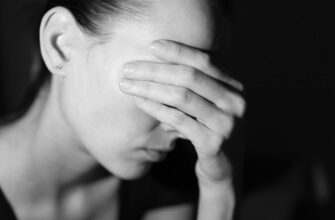
Many individuals look forward to having an occasional drink with friends or a glass of wine with supper. After a drink, you could feel more at ease and go off to sleep more quickly, but when morning comes, you might be perplexed as to why you feel sleepy and foggy after such an effortless time sleeping.
So, does alcohol genuinely improve your quality of sleep or does it actually interfere with it? Continue reading to learn how and why drinking might influence your ability to sleep, as well as information on the advantages of obtaining enough sleep for your health.
How Does Alcohol Affect Sleep?
Alcohol is a central nervous system depressant, which means that it reduces brain activity. You may eventually feel more at ease as a result of this. Alcohol has also been demonstrated to have a deleterious impact on sleep and other physiological processes that take place when you’re asleep, despite how enticing the word “relaxed” may seem.
According to Brooke Scheller, a doctor of clinical nutrition who focuses on the effects of alcohol on the brain, stomach, and hormones, although alcohol first seems to have a sedative-like effect, your sleep is later affected by the impact it has on the brain and blood sugar as it is digested. She says, “Even if alcohol initially aids [someone] in falling asleep, they may wake up often during the night or not enter a deep slumber.
Dr. Scheller notes that drinking reduces the amount of Rapid Eye Movement (REM) sleep, which is essential for our brain’s recovery after a day of work and for processing memories and new information.
While drinking alcohol may interfere with sleep, each individual will experience this interference differently. Po-Chang Hsu, M.D., a medical content expert and consultant at SleepingOcean, explains that factors such as genetics, diet, drinking history, existing medical issues, gender, and age may all have an impact on how alcohol affects a person. However, it’s difficult to find someone whose ability to sleep after drinking won’t be impacted—especially if we’re talking about consuming bigger amounts of alcohol.
Poor sleep may eventually negatively affect a variety of facets of your life, including your long-term health. If you’re having trouble sleeping, whether or not it’s because of drinking alcohol, think about speaking with your doctor or a sleep expert.








